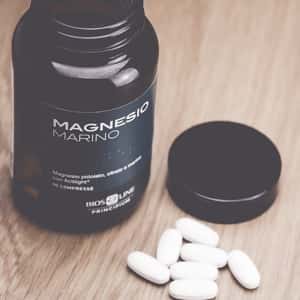
People with a low vitamin D level may benefit from increasing their magnesium intake. The relationship between these two nutrients is more complex than you might think, however.
Vitamin D Level Dips in Winter:
At this time of year, vitamin D levels drop due to limited sun exposure. Doctors sometimes recommend vitamin D pills to compensate for this predictable dip. But people with low levels of magnesium in their bodies may not get the boost they need from vitamin D supplements. Magnesium is a critical component of enzymes that metabolize vitamin D in the body.
According to the National Health and Nutrition Examination Survey, 79 percent of adults in the U.S. are not getting the recommended dietary allowance of this mineral. Rich sources of magnesium such as green leafy vegetables, nuts, beans and whole grains are not staples of everyone’s diet. Assessing the body’s stores of magnesium is not simple, however, and magnesium levels are rarely tested.
A Placebo-Controlled Trial:
A randomized controlled trial of 180 people compared the effects of magnesium supplements and placebo on vitamin D level (American Journal of Clinical Nutrition, Dec. 1, 2018). The dose of both magnesium and placebo was individualized to compensate for dietary intake of magnesium.
The Results Varied According to Vitamin D Level:
The investigators measured 25-hydroxyvitamin D3 in the participants’ blood. This is a standard technique for assessing circulating vitamin D. A number of the volunteers had a vitamin D level at or below 30 ng/ml. Vitamin D is considered insufficient at a level of 20 ng/ml. Other participants had 25-hydroxyvitamin D measured between 30 and 50 ng/ml.
Among people with high levels of vitamin D (between 30 and 50), magnesium supplements tended to lower them. On the other hand, magnesium supplements boosted vitamin D levels in people who started out low, below 30 na/ml.
The researchers concluded:
“optimal magnesium status may be important for optimizing 25(OH)D [25-hydroxyvitamin D] status.”

